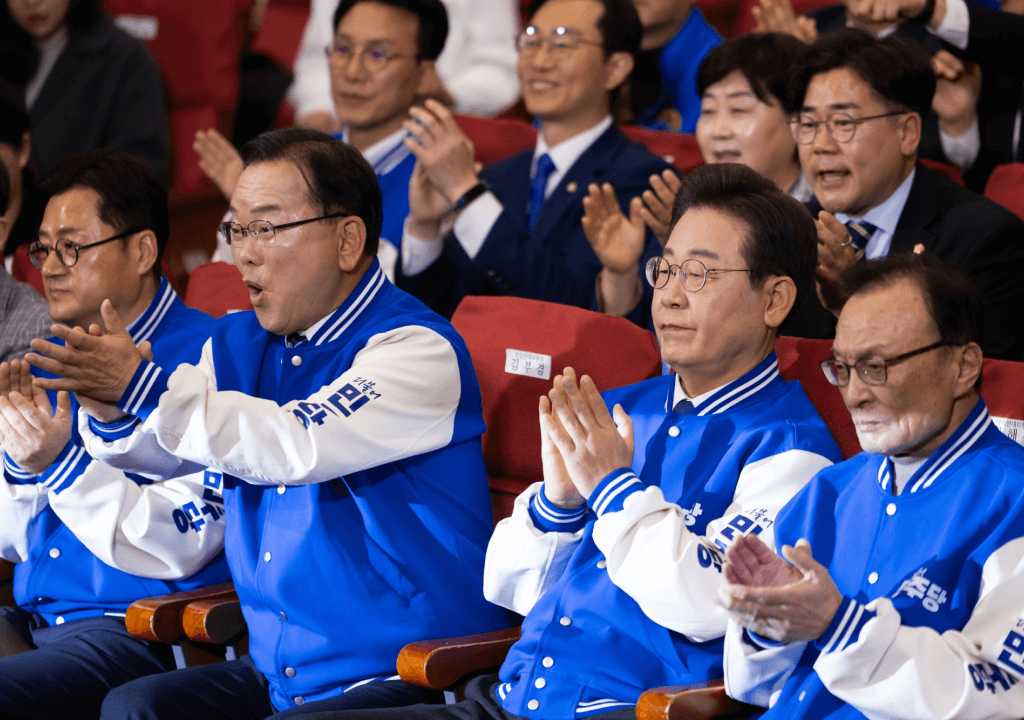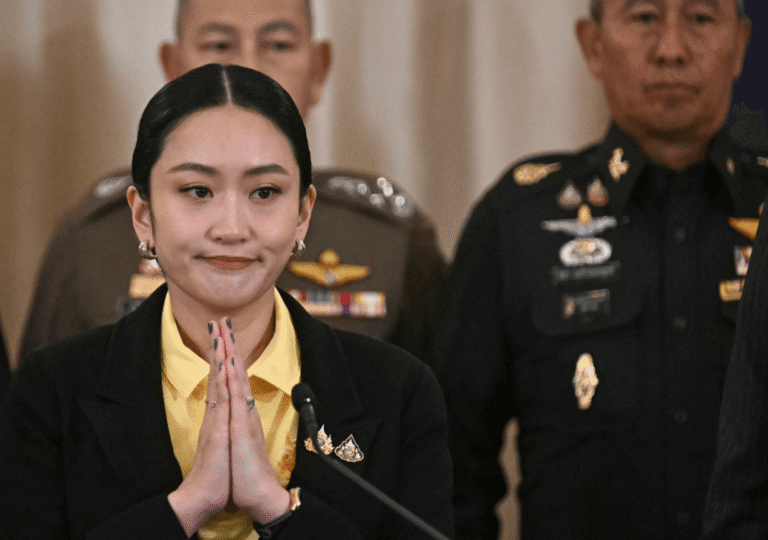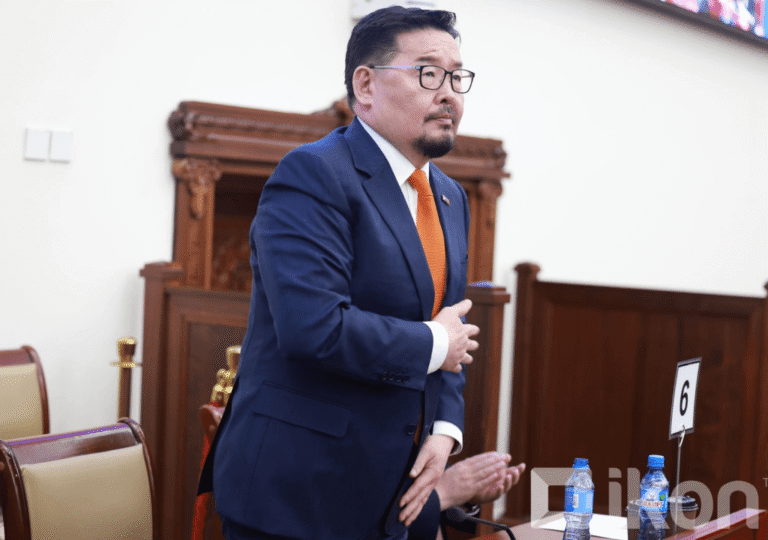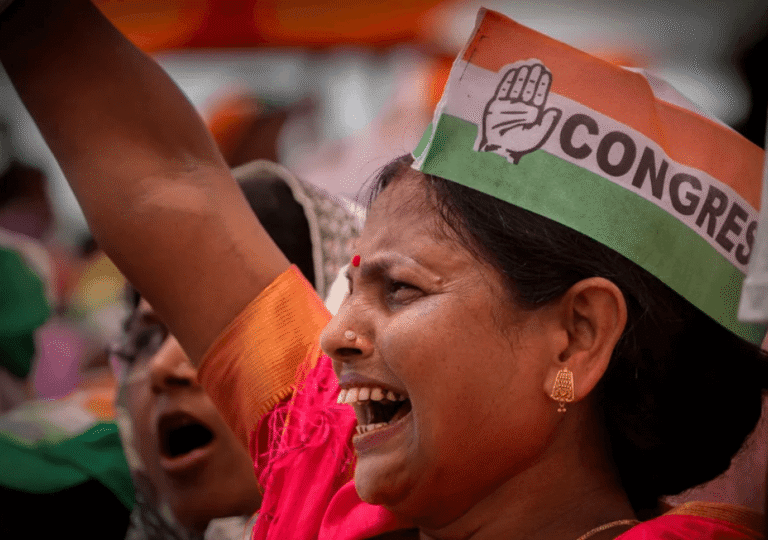People showed a red signal to the ruling People Power Party (PPP) in the South Korean Parliamentary Election. The party, along with a number of prominent leaders, suffered defeat in the 22nd general election, which was held on April 10th to choose 300 lawmakers. Under the leadership of progressive leader Lee Jae-myung, who was the target of an assassination attempt earlier this year, the opposition Democratic Party of Korea reaped a landslide victory. The Democratic Party secured 161 seats out of the 254 constituency seats where members are chosen by the direct voting system. By combining the seats gained by the allies and the proportional seats, Lee Jae-Myung can easily form a strong government.
With an overall turnout of 67 percent, the highest in 32 years, the shift of the wind was sensible and became evident with the election results. The People Power party, a conservative party which had won the presidential election two years before, saw conservative figure Yoon Suk Yeol take oath as president. Yoon’s campaign was successful in upholding Korean conservatism. However, the people decided to vote against the People Power party in the parliamentary election to replace the government under the prime ministership of Han Duck Soo, who was accused of several instances of corruption and misdeeds. The aggressive actions against opposition leaders, rising inflation, and the ongoing doctors’ strike all contributed to the loss of the People Power party, which only secured 109 seats, a combined number of constitutional and proportional seats.
The election has piqued the interest of the international media since it is perceived as a showdown between liberalism and conservatism, a trend that is currently evident in all democracies. Furthermore, Korea is perceived as a significant cultural force, and the belief that it is undergoing a rapid social revolution only adds to the curiosity
As the Prime Minister and leader of the disastrous election campaign, Han Duck Soo, along with his colleagues and senior politicians, took responsibility and offered their resignations. However, the result is actually a severe blow to President Yoon Suk Yeol. Yoon accepted the result and promised a revision, though conventionally, a parliamentary election is considered as an assessment of the president or a referendum, and he failed. As many political analysts previously predicted, he planned to implement significant changes in domestic policies by leaning towards a conservative agenda before, but now it seems impossible. It’s clear that as the opposition holds the majority, they can block presidential vetoes and the passage of constitutional amendments. Yoo will be a lame duck leader as his rule has three more years in his five-year tenure.
In terms of foreign policy, the South Korean parliamentary election is not having any serious effect, but the result is saddening for the United States and Japan. The relationship is at its warmest point, and they admire Yoon. However, the current prime minister has often adopted neutral stances on the Taiwan and Ukraine issues. Nevertheless, as the country highly values the international policies it has crafted with the United States and Japan, the election result will not have much impact
The election result is hailed by the media as punishment for the previous government, which brought the people’s lives into misery with price hikes. Many experts point out that South Korean people prefer liberalism over conservatism, and it’s true. With the alliance of the Democratic Party and other liberal parties like the Progressive Party and the New Progressive Alliance winning seats, it clearly shows the mood of the nation. Additionally, many small parties also secured seats in the election by capitalizing on discontent with conventional parties. Despite being founded weeks before the election under the former Justice Minister Cho Kuk, the new Rebuilding Korea Party garnered 12 seats.
Lee Jae-myung, the winner of the election, addressed the victory. As a politician who is always in the headlines of newspapers and whose journey started from a child factory worker to the prime ministership, he is an interesting figure to study. He has been plagued with several scandals, though Korean people chose him to replace the Han Duck soo government, which failed to address inflation and the cost of living crisis. Lee acknowledged that he will work on it. Korean people are showing that they have their own priorities. Conservatism may not be accepted in the face of price hikes.








